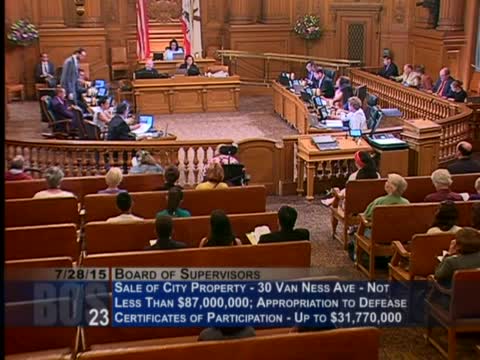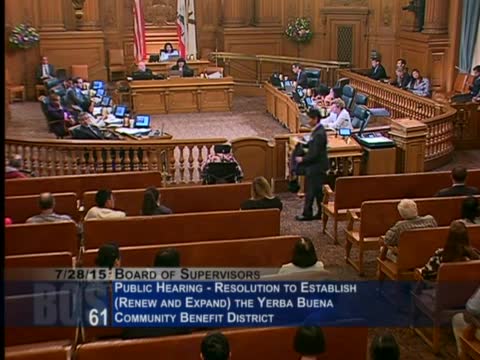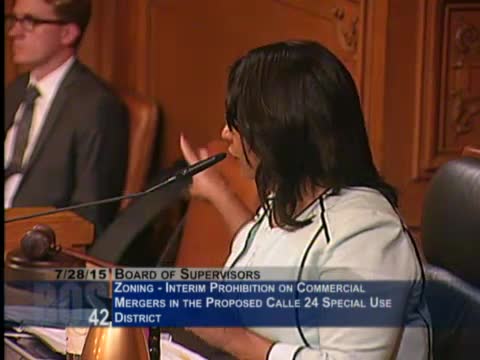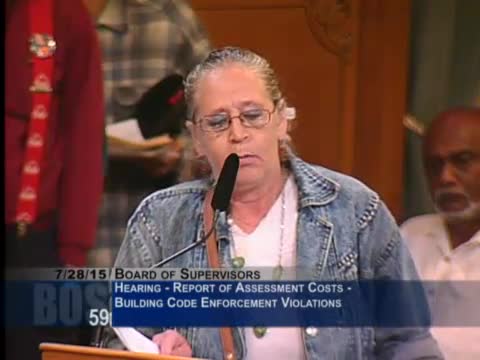Article not found
This article is no longer available. But don't worry—we've gathered other articles that discuss the same topic.

Board adopts wide-ranging ordinances, approves large property sale after rescission and revote

Board holds extended hearings on three district measures; elections staff to tabulate ballots

Supervisors adopt interim controls for Mission's Latino Cultural District; one supervisor objects

